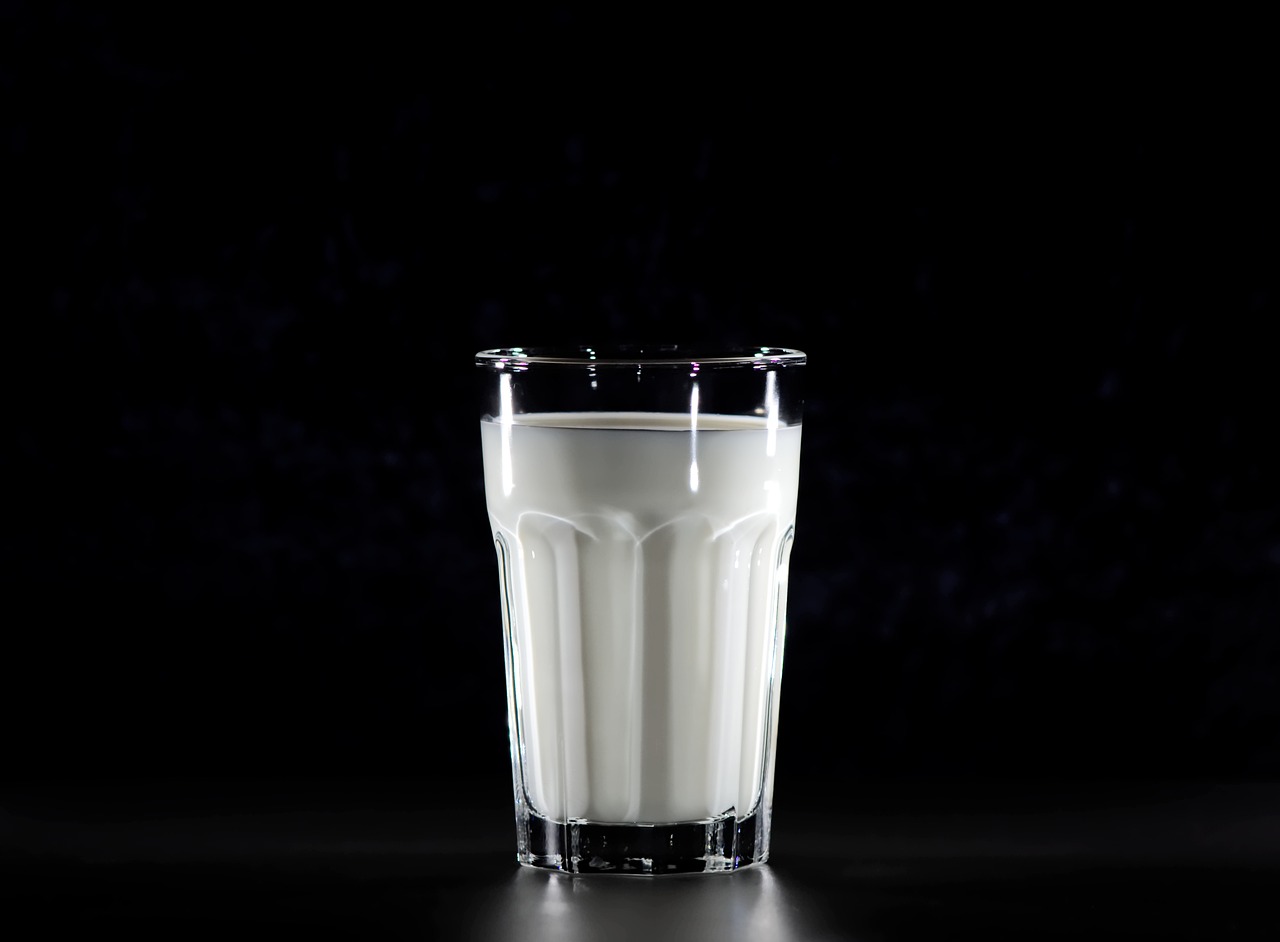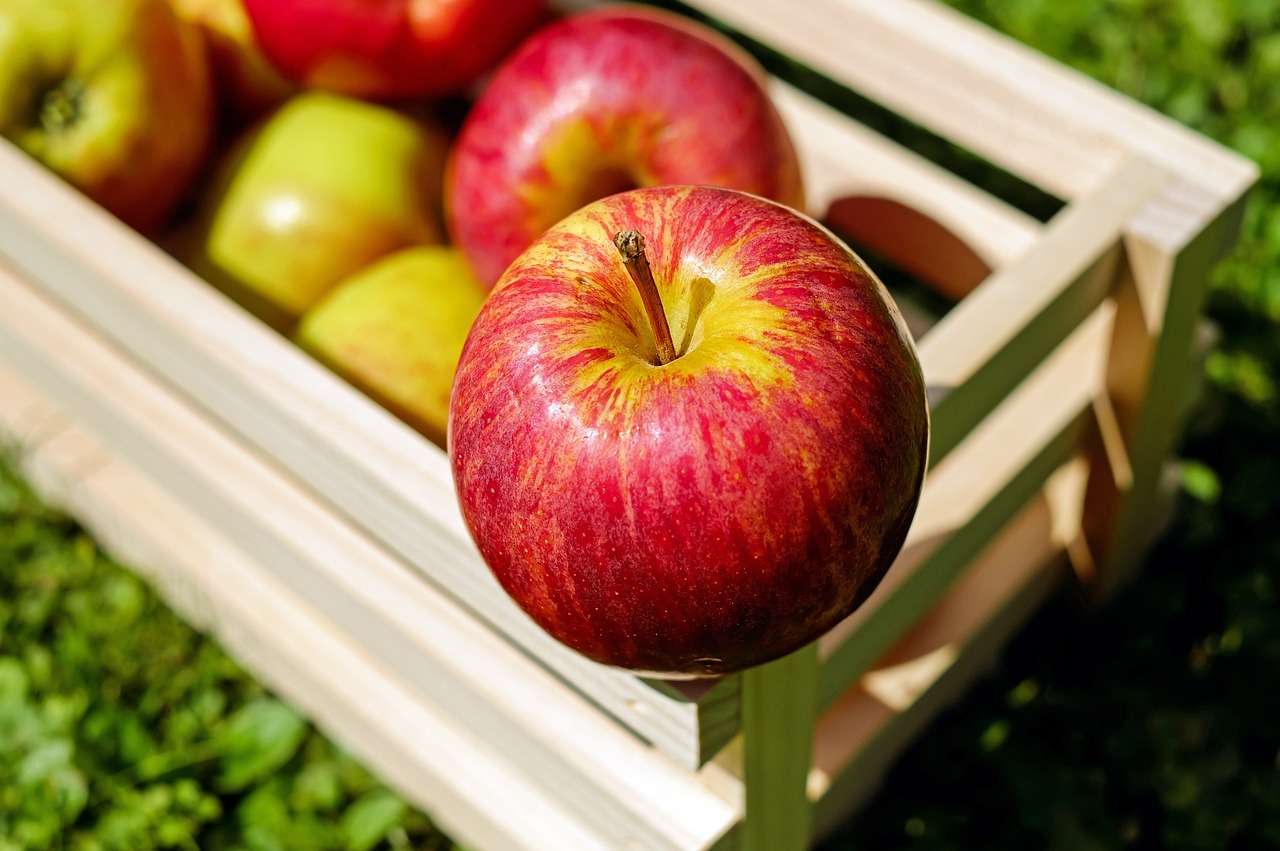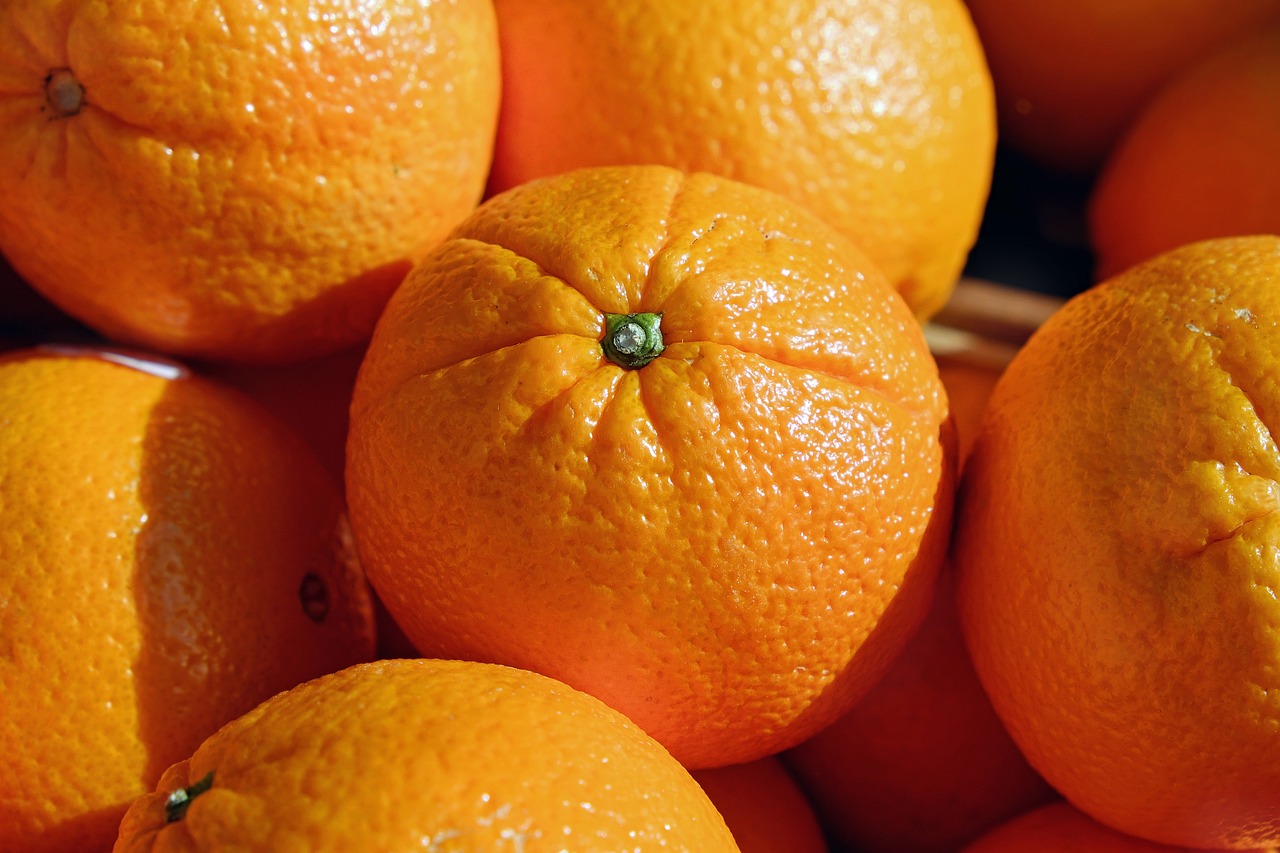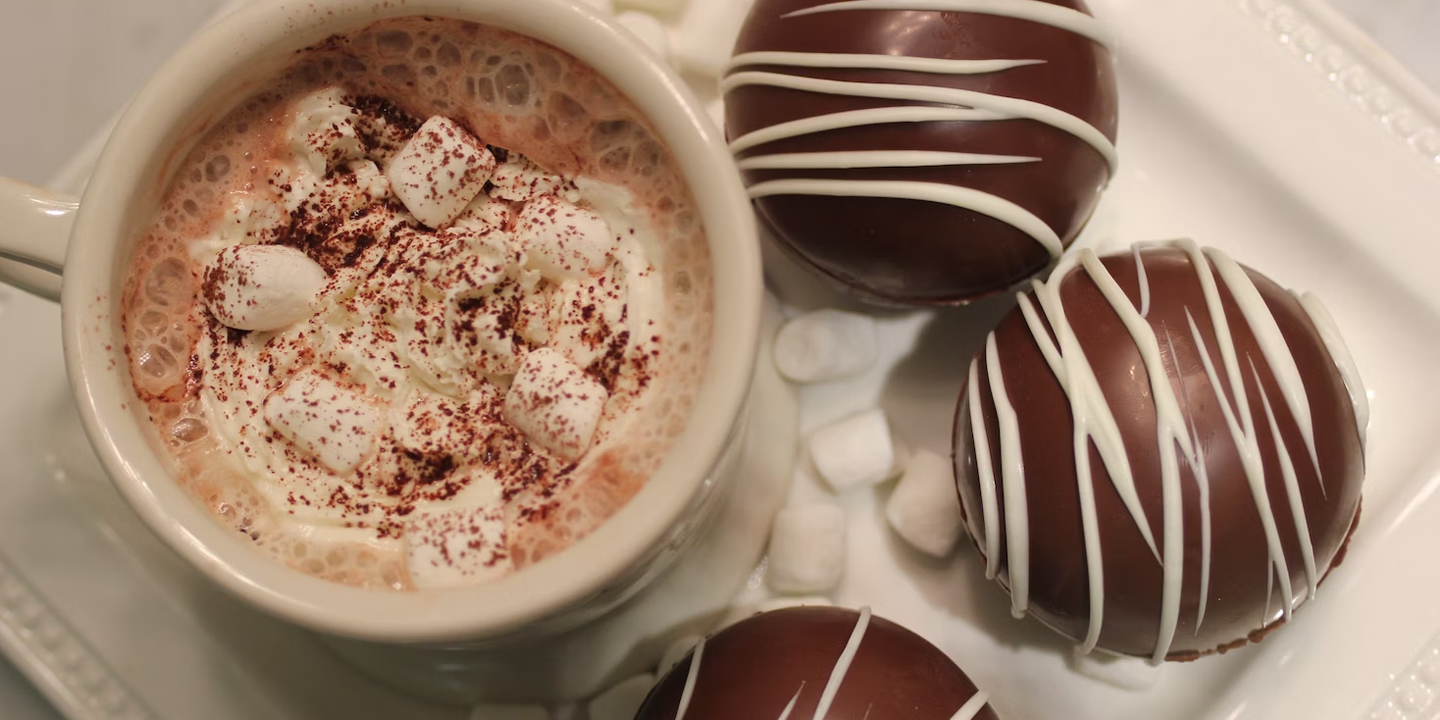10 Foods That Are Causing Your Bad Breath & 10 That Will Remedy It
We've all been there — enjoying our favourite foods only to realize they've left us with less-than-fresh breath. While it's no secret that what we eat can impact our oral health and aroma, some culprits are more notorious than others. Let's dive into the flavourful yet sometimes malodorous world of food and its impact on breath freshness.
1. Garlic
When consumed, garlic's sulphur compounds are absorbed into the bloodstream, eventually making their way to your lungs and breathing. This means no amount of brushing or mouthwash can completely mask garlic breath until your body fully metabolizes it. It's a small price to pay for that delicious garlic bread, but it's worth considering before a big date.
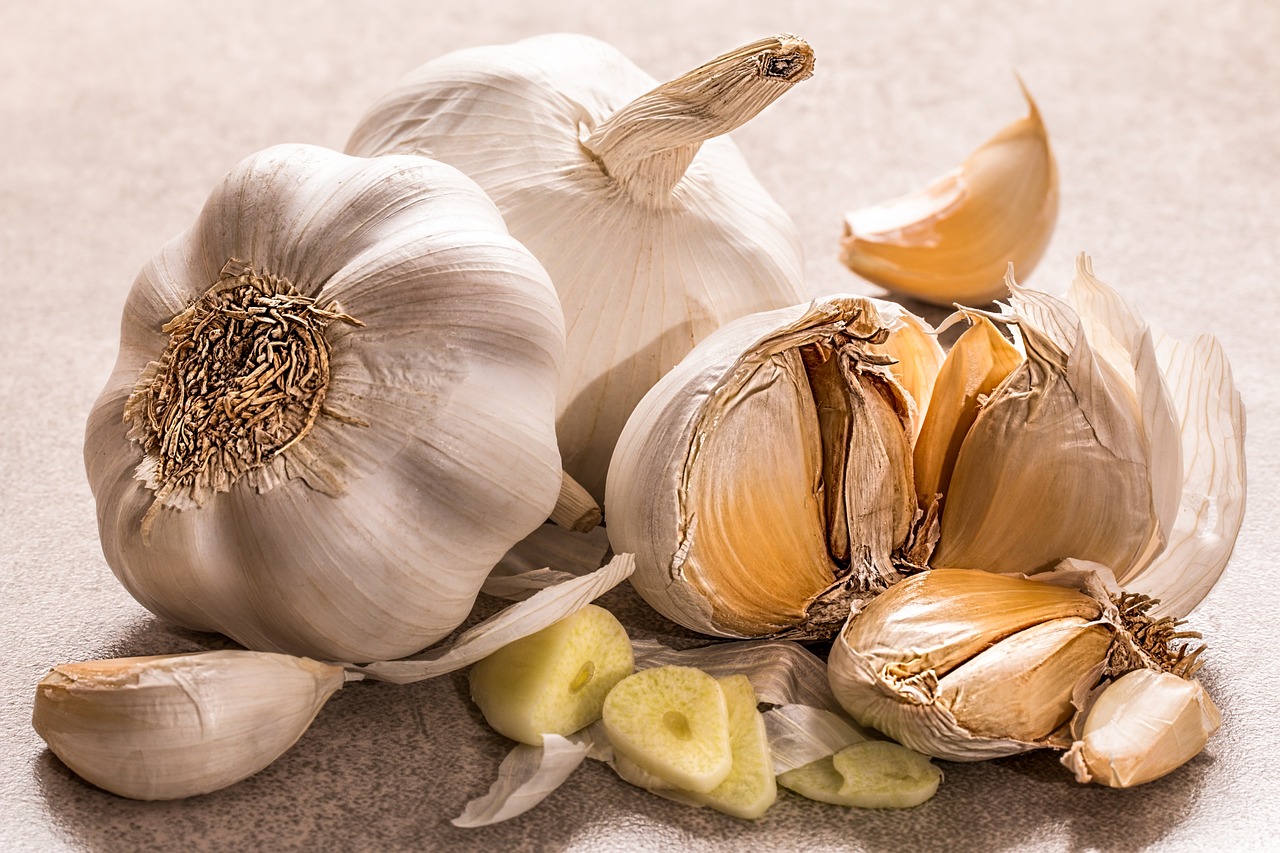 Image by Steve Buissinne from Pixabay
Image by Steve Buissinne from Pixabay
2. Onions
Much like its culinary cousin garlic, onions pack a pungent punch both in flavour and in breath aftermath. Raw onions are particularly potent, so consider how much you add to your salad if you're planning on socializing post-meal. A mint might help, but patience is the ultimate remedy.
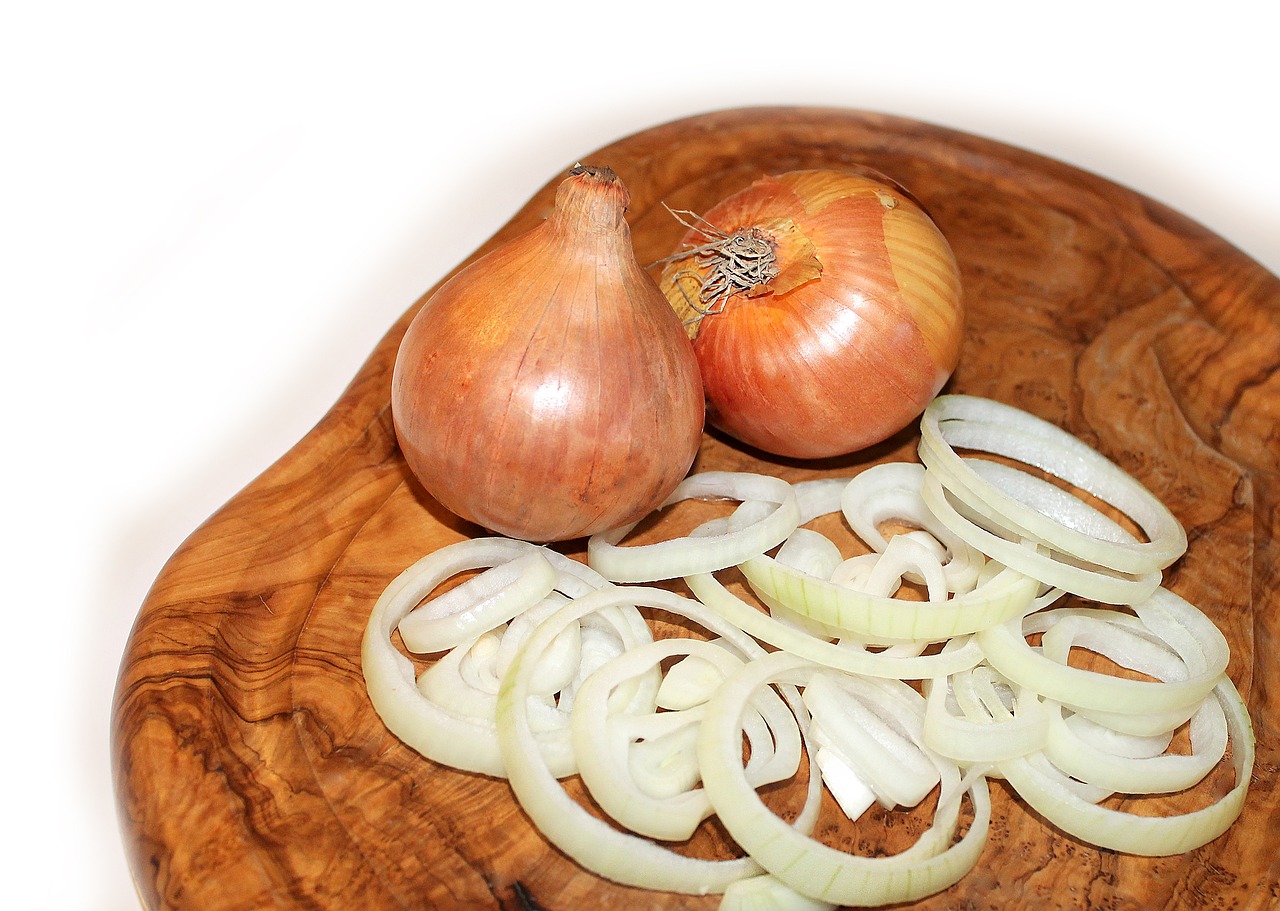 Image by tove erbs from Pixabay
Image by tove erbs from Pixabay
3. Coffee
Ah, coffee — the beloved morning ritual that can unfortunately turn your breath sour. Coffee's acidity can lead to a decrease in saliva production, which in turn can allow bacteria to flourish, leading to bad breath. Not to mention, the strong aroma of coffee can linger in the mouth long after your cup is empty. Drinking water or chewing gum after your java can help combat coffee breath.
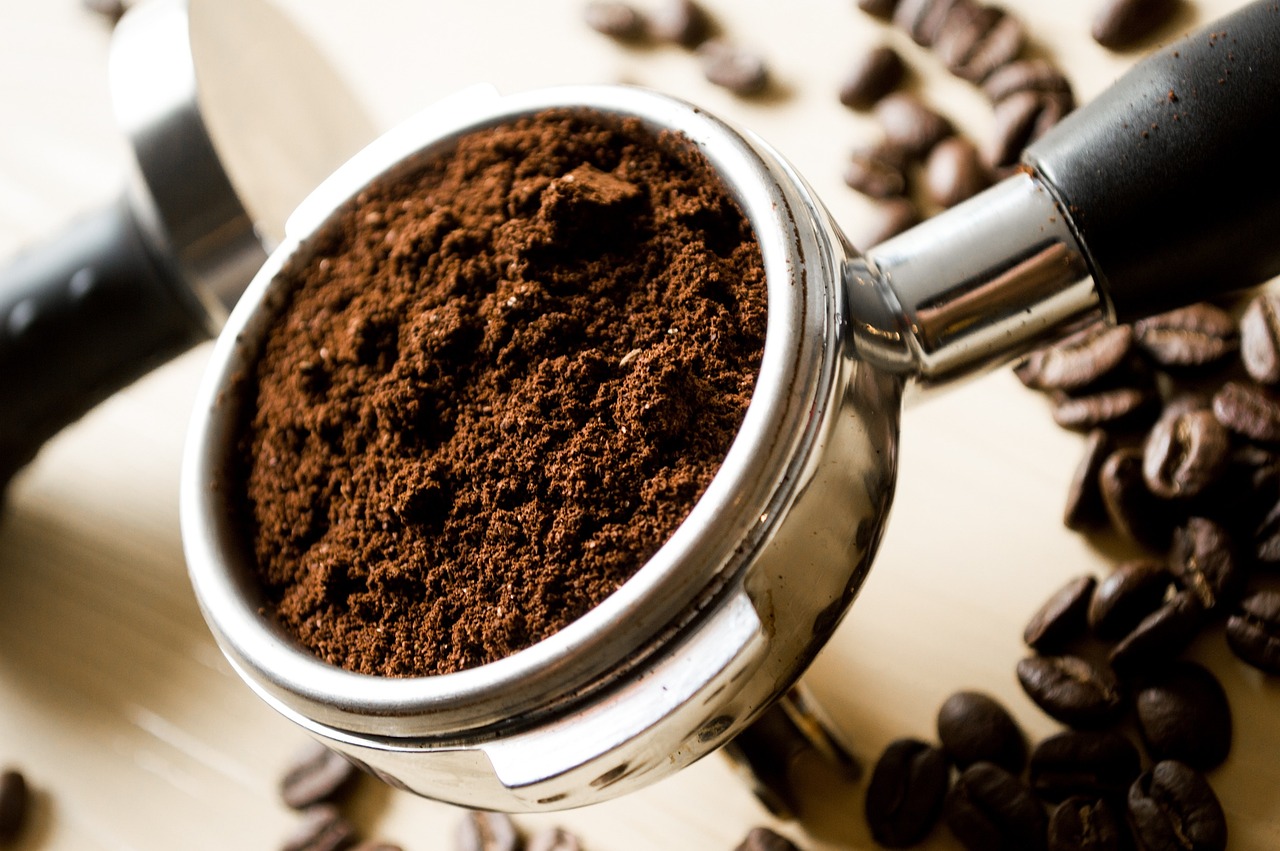 Image by Elias Shariff Falla Mardini from Pixabay
Image by Elias Shariff Falla Mardini from Pixabay
4. Alcohol
Alcohol has a drying effect on the mouth, reducing saliva flow and allowing odor-causing bacteria to thrive. Whether it's a glass of wine or a couple of beers, the result can be the same: a less-than-fresh feeling in your mouth. Drinking water between alcoholic beverages can help, as can ensuring good oral hygiene before hitting the sack.
 Image by Michal Jarmoluk from Pixabay
Image by Michal Jarmoluk from Pixabay
5. Dairy Products
Dairy products, while essential to a balanced diet, can contribute to bad breath due to the lactose they contain. Additionally, the amino acids in dairy products can interact with oral bacteria, producing unpleasant smells. Enjoying dairy in moderation and practicing regular oral hygiene can help mitigate its effects.
6. Fish
Fish, especially varieties high in omega-3 fatty acids, are great for your health but can be tough on your breath. Compounds found in fish can break down in the body and release fishy smells, sometimes even through your breath. Cooking fish with herbs like parsley can help neutralize some of the odor, and staying hydrated can also assist in minimizing the effect.
 Image by Robert Owen-Wahl from Pixabay
Image by Robert Owen-Wahl from Pixabay
7. Meat
Meat can also be a culprit behind bad breath due to its dense protein content, which bacteria in your mouth can feast on. Additionally, meat particles can get stuck between teeth, enhancing the problem. Regular flossing after meals can greatly help, as can rinsing with an antibacterial mouthwash. Your breath will thank you.
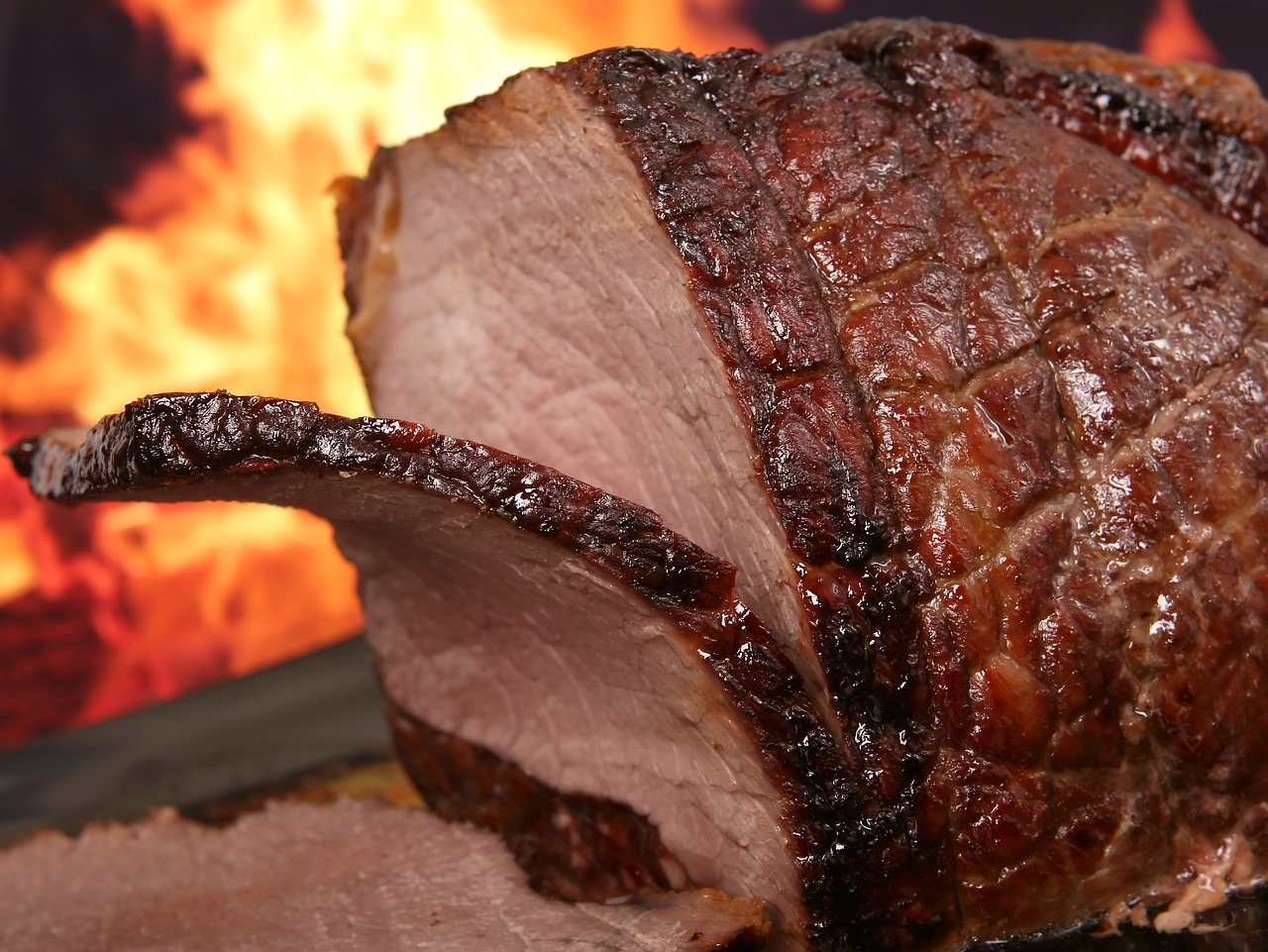 Image by Robert Owen-Wahl from Pixabay
Image by Robert Owen-Wahl from Pixabay
8. Spicy Foods
Spicy foods can stimulate the production of stomach acid, leading to bad breath, especially if you're prone to digestive issues like acid reflux. The spices themselves can also linger in your mouth and on your breath. Drinking water or milk can help dilute the spiciness and reduce its impact on your breath.
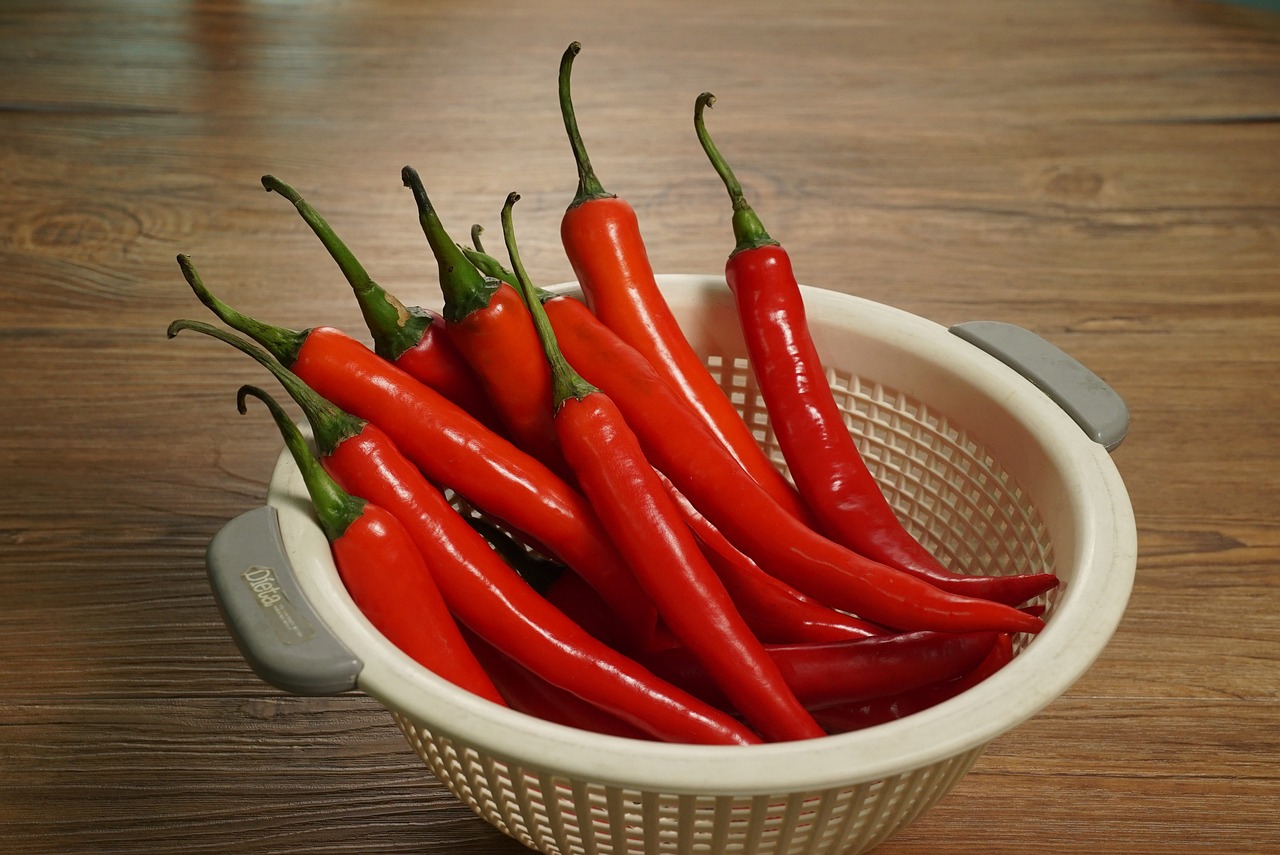 Image by Spencer Wing from Pixabay
Image by Spencer Wing from Pixabay
9. Sugary Foods and Drinks
Sugary treats are a feast for the bacteria in your mouth, leading to increased production of bad-smelling waste products. Additionally, sugary drinks can coat your teeth and gums, providing a breeding ground for bacteria. Opting for sugar-free alternatives or ensuring you brush and floss after indulging can help combat sweet breath.
 Image by Steve Buissinne from Pixabay
Image by Steve Buissinne from Pixabay
10. Acidic Foods
Foods high in acidity, like tomatoes and citrus fruits, can contribute to bad breath by creating an environment where bacteria thrive. These foods can also affect the stomach, leading to digestive issues that may manifest as bad breath. Balancing acidic foods with alkaline foods can help neutralize their impact, and staying hydrated can also assist in keeping your breath fresh.
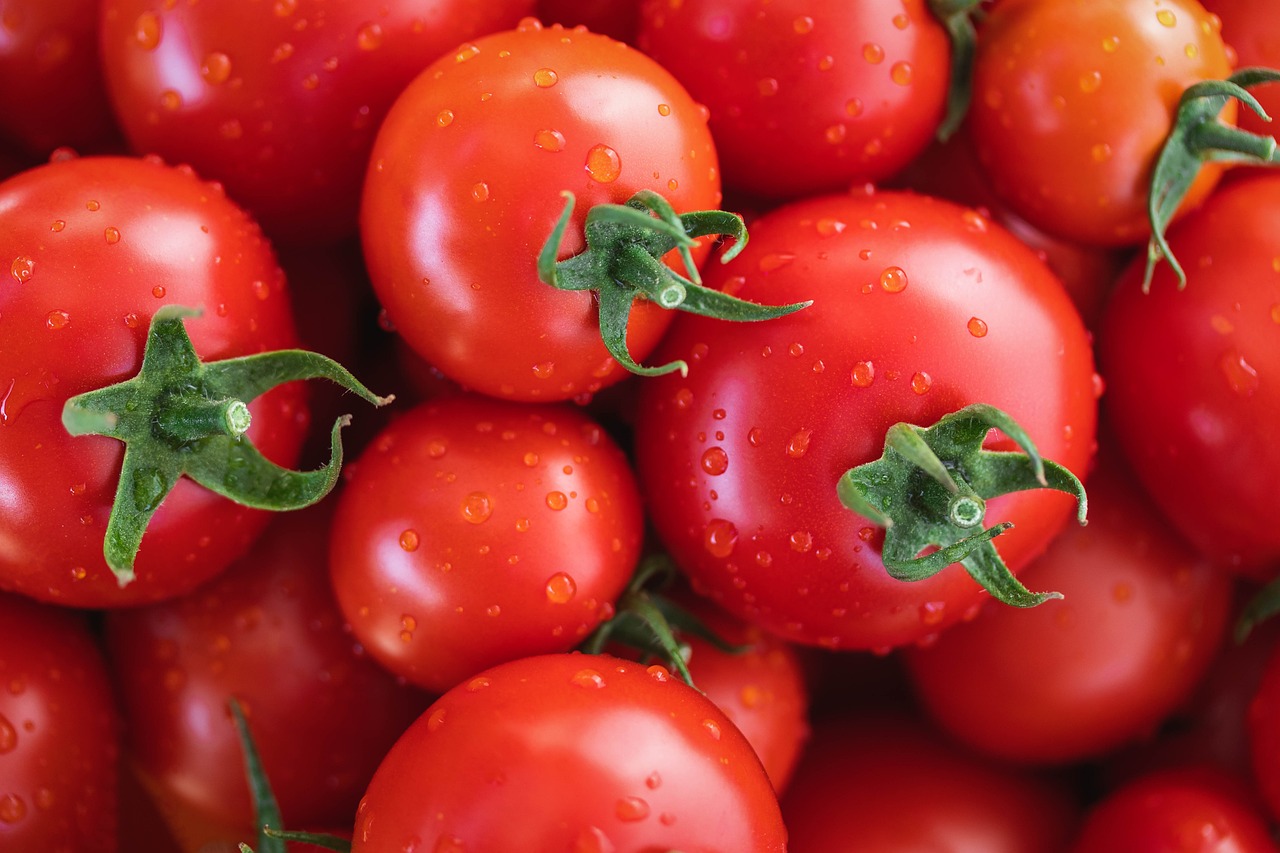 Image by Myriams-Fotos from Pixabay
Image by Myriams-Fotos from Pixabay
Ever had that moment of self-consciousness after a delicious meal, wondering if your breath might betray the recent indulgence? Fear not, because we've got you covered. From crisp fruits that scrub away odors to herbs that mask unwanted scents, this list showcases ten foods that can turn the tide in the battle for fresh breath.
1. Parsley
Parsley isn't just a garnish; it's a breath-freshening powerhouse. Rich in chlorophyll, parsley acts as a natural deodorizer, neutralizing bad odors in the mouth. Chewing on a few sprigs after a meal can help freshen your breath naturally.
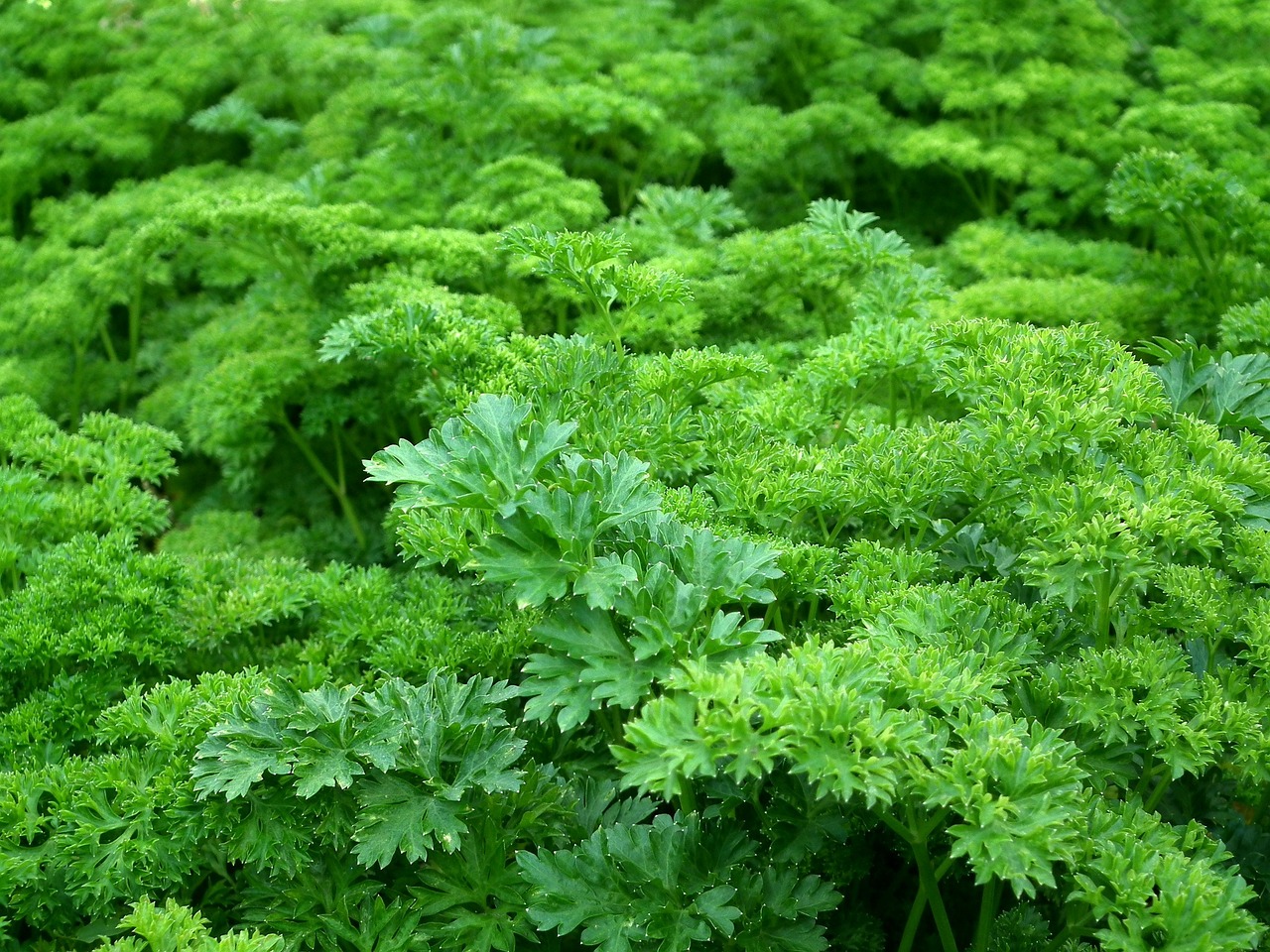 Image by ArtActiveArt from Pixabay
Image by ArtActiveArt from Pixabay
2. Apples
Apples, often called nature's toothbrush, are fantastic for cleaning teeth and freshening breath. The act of chewing an apple increases saliva production, which washes away bacteria and food particles. The crisp texture helps scrub your teeth, while the natural sweetness neutralizes bad mouth odors.
3. Yogurt
Unsweetened yogurt is a champion in the fight against halitosis. It contains probiotics, beneficial bacteria that can help reduce the presence of unwanted bacteria in your mouth. Regular consumption of yogurt has been shown to decrease the level of hydrogen sulfide, a major contributor to bad breath.
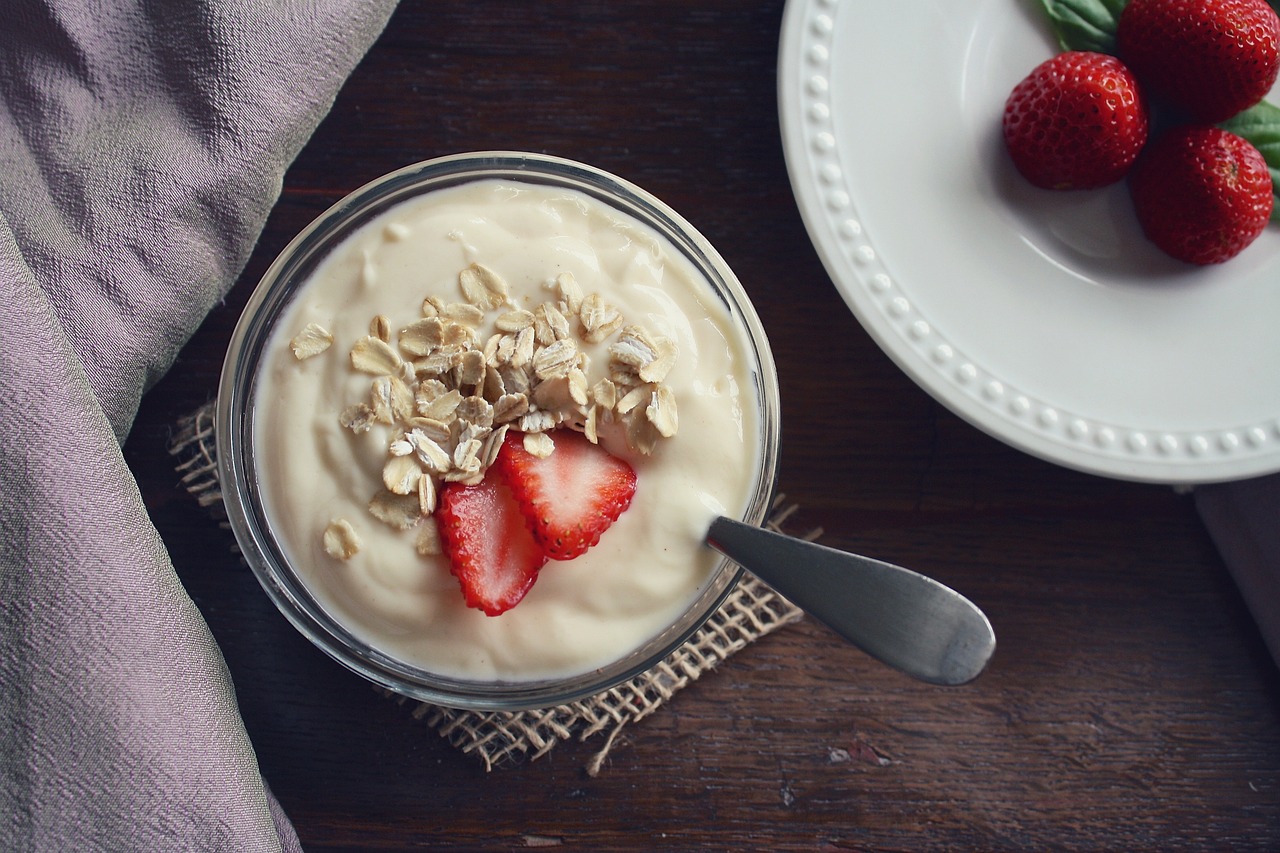 Image by Aline Ponce from Pixabay
Image by Aline Ponce from Pixabay
4. Water
Hydration is key to maintaining a healthy mouth environment. Water helps keep your mouth moist and encourages the production of saliva, which is nature's best defense against bad breath. A dry mouth is a breeding ground for bacteria, so drinking plenty of water throughout the day can help keep bad breath at bay.
5. Green Tea
Green tea is more than just a soothing beverage; it's loaded with polyphenols that help eliminate sulfur compounds in the mouth. These antioxidants also have antimicrobial properties that fight off oral bacteria, contributing to fresher breath. Sipping on green tea throughout the day can be a pleasant way to maintain oral health and freshness.
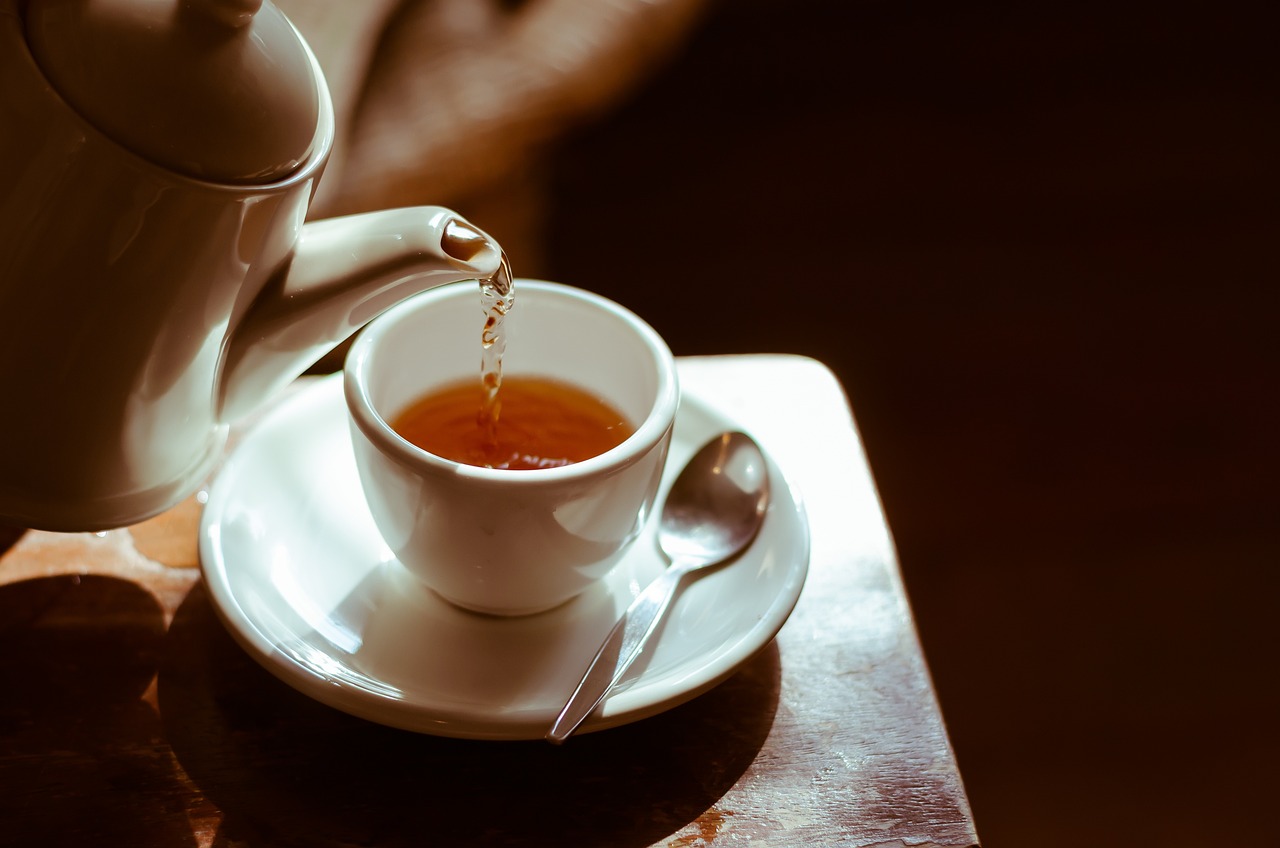 Image by dungthuyvunguyen from Pixabay
Image by dungthuyvunguyen from Pixabay
6. Oranges
Oranges and other citrus fruits are excellent for stimulating saliva production, thanks to their juicy, acidic nature. The increased saliva helps wash away food particles and bacteria, reducing the potential for bad breath. Plus, the vitamin C in these fruits creates an unfriendly environment for odor-causing bacteria to thrive.
7. Fennel Seeds
Fennel seeds have been used in traditional medicine for centuries as a breath freshener. Chewing on a teaspoon of these crunchy seeds can stimulate saliva production and offer a burst of freshness, thanks to their natural antiseptic properties. They're a perfect, portable solution for refreshing your breath after meals.
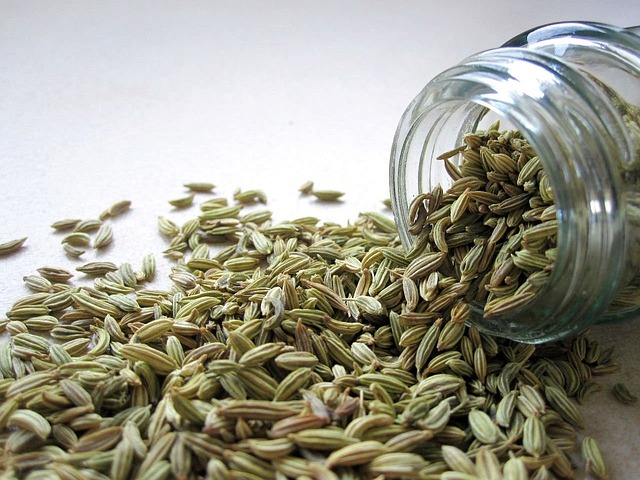 Image by PublicDomainPictures from Pixabay
Image by PublicDomainPictures from Pixabay
8. Ginger
Ginger is a well-known remedy for various digestive issues, but it's also effective in freshening breath. Mixing freshly grated ginger with lemon juice and warm water can create a mouth rinse that neutralizes bad odors. Its antimicrobial properties help eliminate oral bacteria, leaving your mouth feeling clean and fresh.
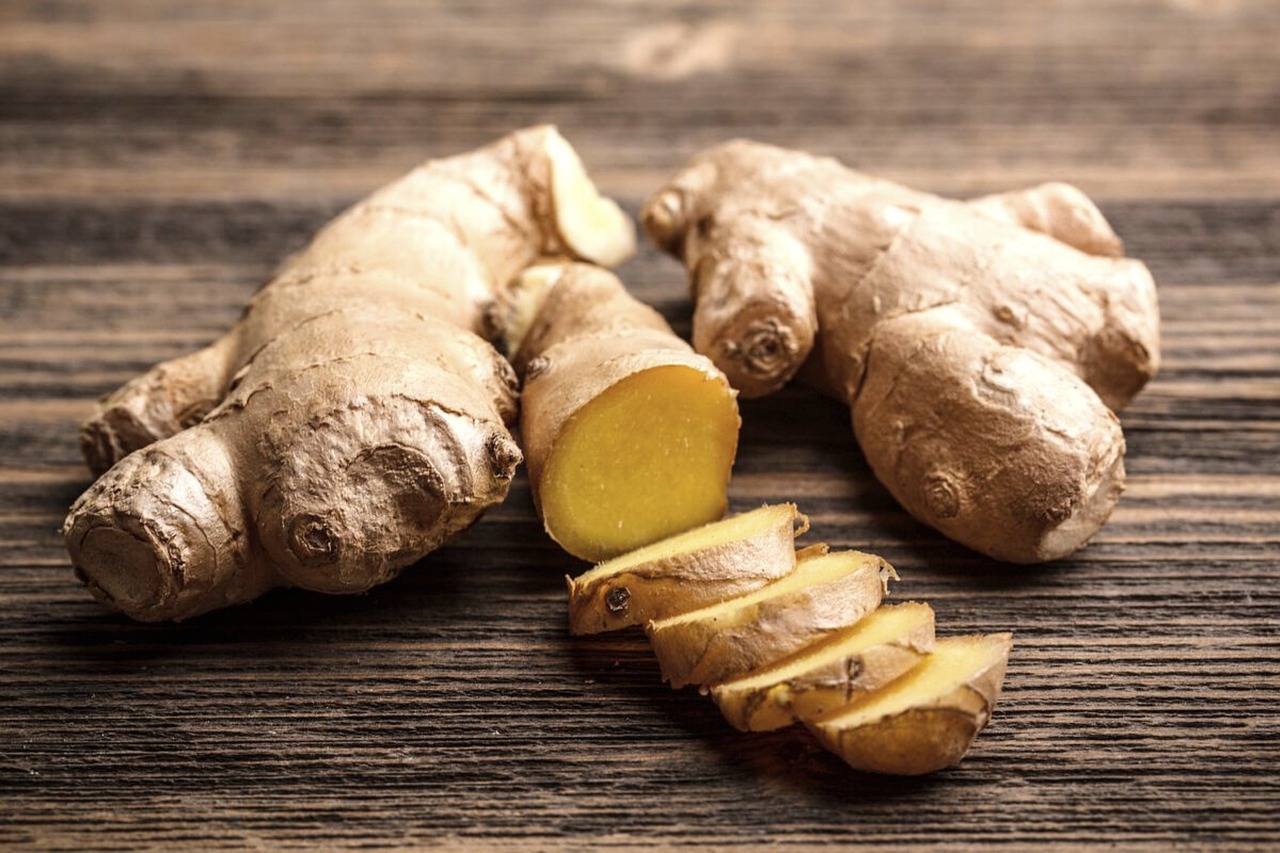 Image by Joseph Mucira from Pixabay
Image by Joseph Mucira from Pixabay
9. Mint
Mint is probably the most famous breath freshener, and for good reason. Its strong, pleasant aroma can quickly mask bad odors, while its antimicrobial properties help fight oral bacteria. Chewing on fresh mint leaves or adding them to your water can provide a quick breath refresh.
 Image by PommeGrenade from Pixabay
Image by PommeGrenade from Pixabay
10. Crunchy Vegetables
Crunchy vegetables like carrots, celery, and cucumbers work as natural toothbrushes. Chewing them increases saliva production and helps clean your teeth and gums, removing food particles and bacteria that cause bad breath.
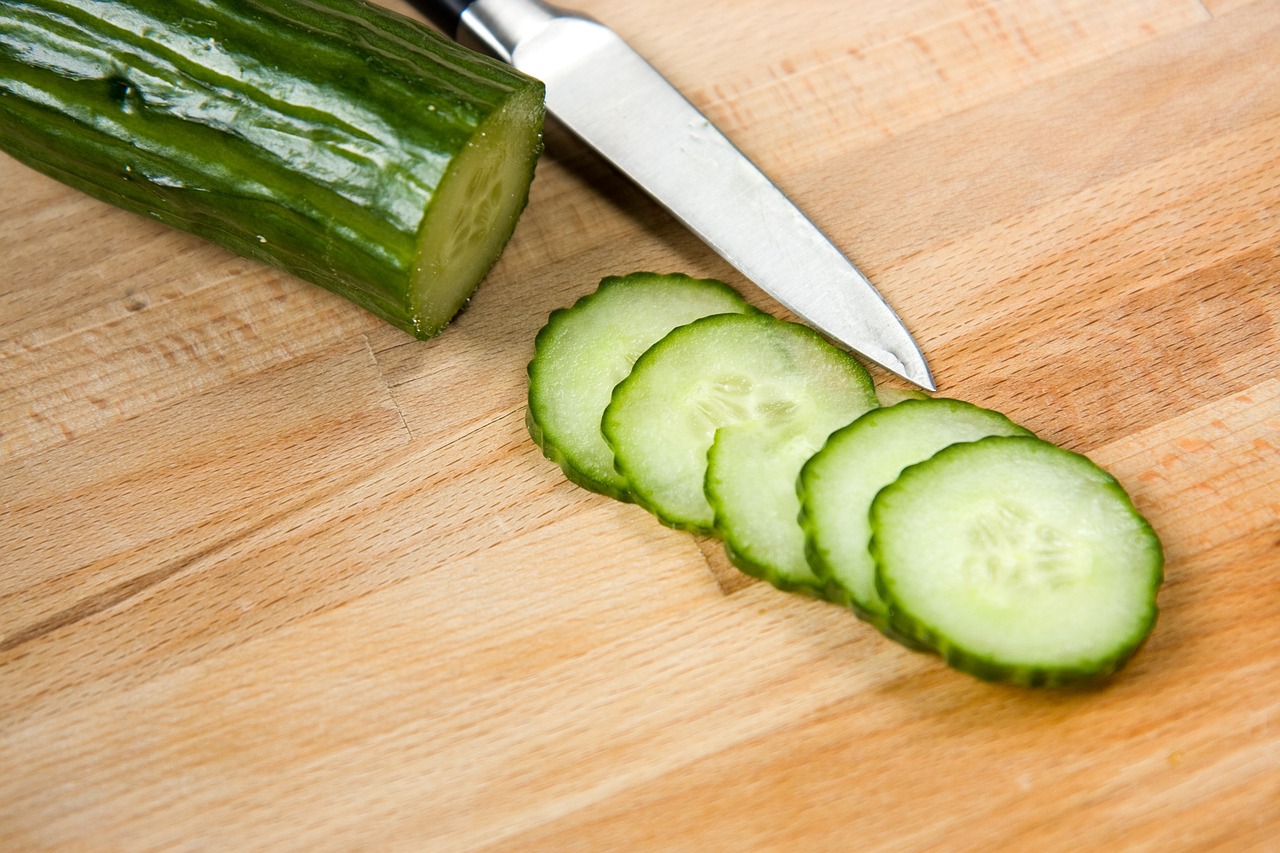 Image by No-longer-here from Pixabay
Image by No-longer-here from Pixabay
KEEP ON READING

20 Food-Related Art Projects



